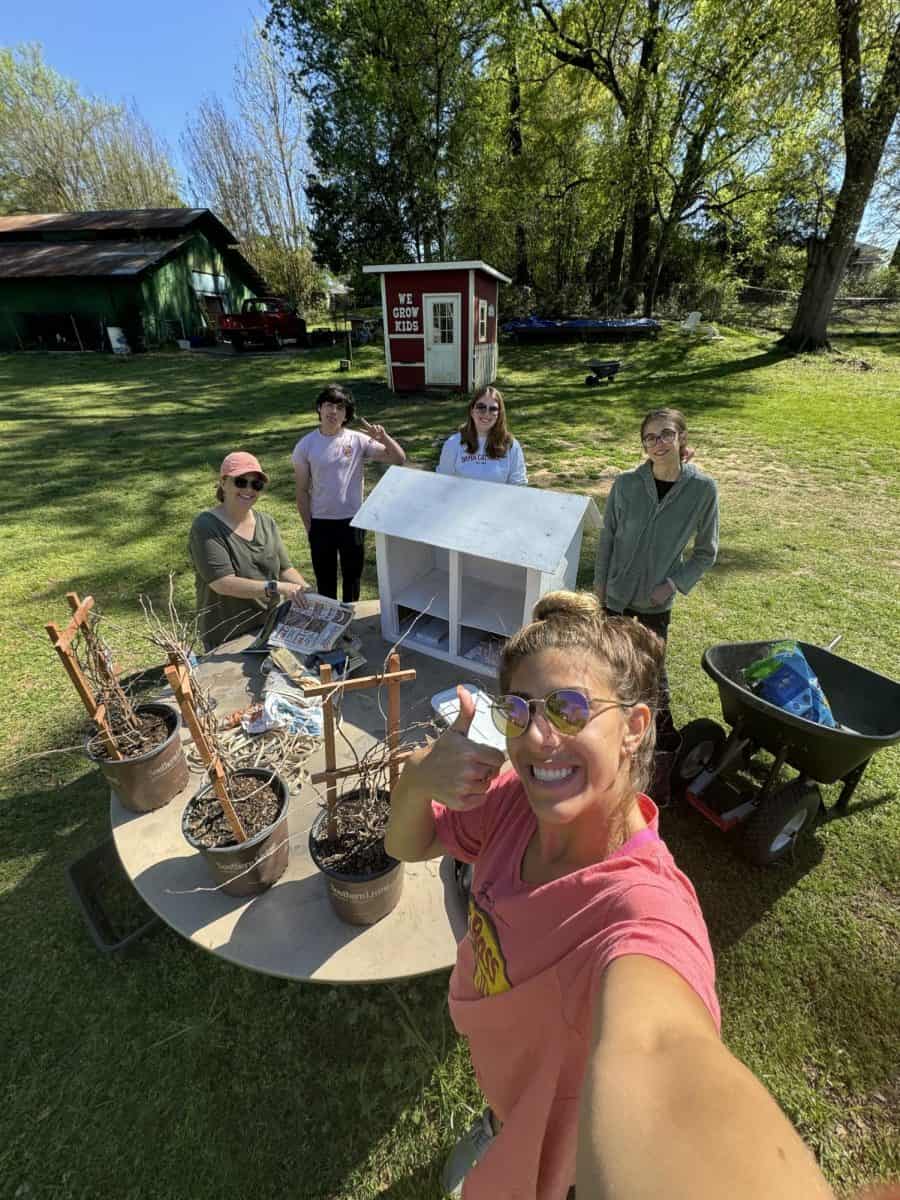All-nighters can often feel unavoidable in college and, at times, like rites of passage. These sleepless evenings, products of severe procrastination or just a busy schedule, are fraught with vats of coffee, vending machine fodder and stacks of notecards. Another item that may come to mind is the drug adderall.
Adderall is a prescription drug meant to treat symptoms resulting from disorders like ADHD and narcolepsy. It’s a stimulant, which is a blanket term for a wealth of drugs, prescription and nonprescription, that increase activities in the central nervous system, thus yielding energetic and pleasurable effects.
Many patients have a prescription for adderall because they have a difficult time focusing or have other health issues. However, over the years, some college students have adopted adderall as an academic booster, purchasing it illegally from friends to acquire extra energy for studying. Sharing or selling adderall, or any prescription drugs, can be quite dangerous, said Chris DaSambiagio-Moore, Coordinator of Clinical Services at the University’s center for Collegiate Recovery and Intervention.
“If it’s not prescribed to you in particular, then you shouldn’t be taking it,” said DaSambiagio-Moore, who is also a clinical counselor and therapist. “You don’t know the chemical reaction and everybody’s biochemistry is different. You don’t know what anyone’s allergic to. You don’t know how it might impact them and so you don’t want to be responsible for that and put yourself in a position where that might happen.”
In 2012, college students misused adderall more than any other drug, according to a study by the University of Michigan’s Institute for Social Research that swept nine percent of all American collegiates. In 2014, the Partnership for Drug-Free Kids surveyed more than 1600 students, finding that one in five had abused a stimulant – adderall, ritalin or vyvanse – at least once. Of those 1600, 60 percent had abused adderall.
“I do think that the prevalence of abuse for [adderall] is really high among college students,” DaSambiagio-Moore said. “I think it’s a really habit forming and a really risky substance just because there’s been this culture that’s normalized it a lot, especially in the academic communities and things like that because students use it to study. So its abuse has become normalized as well as taking it as prescribed.”
However, what is classified as abuse of adderall is more expansive than just patients selling their prescriptions to peers. Abuse, DeSambiagio-Moore said, can be defined as any misuse of the drug or not using it as prescribed, including selling or sharing the drug as well as the patient not taking it daily as recommended.
“The first and most common abuse is that [prescribed patients] aren’t taking it everyday to manage the hyperactivity on a daily basis, they’re only taking it when they need to study,” he said. “That leaves them with a lot of extra pills and they keep refilling and now they’ve got this pool of pills that they can give to their friends, and most everybody knows somebody it seems like where they could get adderall from.”
Gillian Dente, a junior majoring in hospitality and event management, has been taking adderall since she was seven or eight and needs the prescription to focus and manage hyperactivity.
“Going to refill a prescription takes way longer now because people get it in mass now, people are prescribed it, and then just sell it off,” Dente said. “So the people who actually need it are almost at a letdown. You need way more documentation now.”
Another junior, Meg Blackwell, does not have ADHD, but had some sensory nerves removed for health reasons and has sought out an adderall prescription to help stimulate feeling. However, she, too, has encountered barriers as a student seeking a prescription for stimulants.
“As a college kid it is not easy to get a prescription and it is not just give out as frequently as it used to,” Blackwell said. “I have not been able to get one as I am college kid who could just be selling it. Doctors are not willing to give it to me for the purpose of a nerve stimulant.”
Dente also said that she has been approached by students seeking to buy the drug off-the-market.
“The second people find out about that they’re like, ‘Oh can you throw me a few for finals week?’ and it’s like ‘Um, no,’” she said.
According to DeSambiagio-Moore, dangers that can arise from a student taking adderall when not prescribed are dependence on the drug and lack of confidence in one’s agency to complete academic work without it. While those patients who are prescribed the drug are at a natural disadvantage in their ability to focus and need adderall to help, students who are buying it from their friends can become reliant on adderall to maintain academic agility. There are other, safer ways for those students, however, to practice focusing and develop concentration skills.
“Things like meditation, things like just sitting there and doing it, things like trying to develop goals and incentives for yourself and instead what becomes easier is taking a substance then they’ve not developed those study skills or the ability to have a goal, focus and meet it by that point,” DeSambiagio-Moore said.
Mixing adderall with alcohol or other substances can also be classified as dangerous abuse, DaSambiagio-Moore said.
The University’s Center for Academic Success offers a number of resources to assist students with their academic and cognitive abilities. Among those are tutorial services, a learning resource center and academic coaching. Additionally, courses like Academic Potential (NEW 122) and Introduction to Learning Strategies and Skills (BEP 110) are offered to underclassmen seeking academic assistance.
Any students struggling with adderall dependence or any kind of addiction, as well as those who might be seeking therapeutic resolutions to issues with hyperactivity, can visit the center for Collegiate Recovery and Intervention at 1000 South Lawn Office Building or call for an appointment at (205) 348-2727. The Counseling Center is also located in the 3000 suite of the same building and can be contacted at (205) 348-3863. For more information about both, you can visit www.sa.ua.edu.






